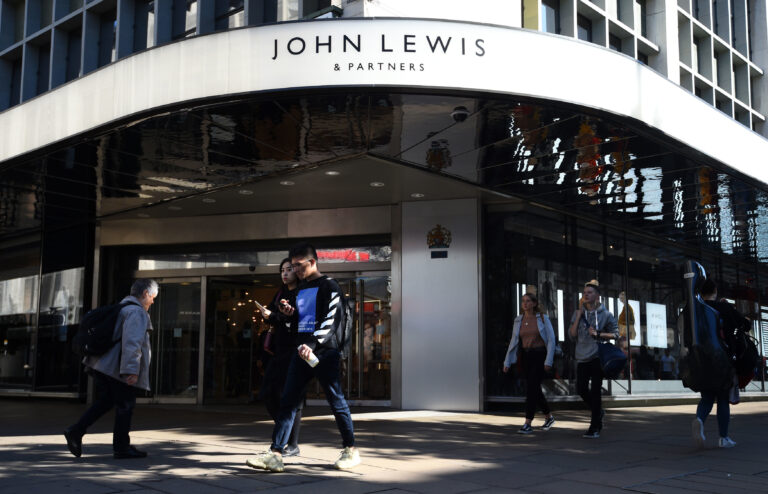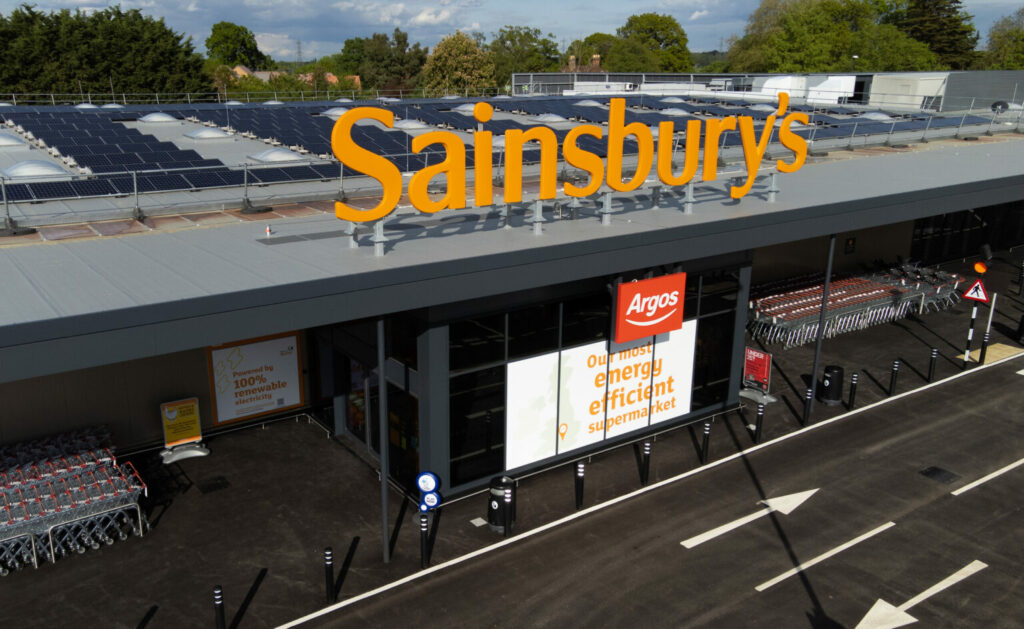The retail sector was somewhat taken by surprise when the John Lewis Partnership announced last week that it was exploring the possibility of branching out to private rented housing in a post-Covid market.
The plans are a part of five strategic steps for the business to grow, which are: “driven by purpose”, “simplifying how we work”, “strengthening retail”, “expanding into more services”, and “partnering to grow”.
Dame Sharon White – who took over as chairman in March before the government lockdown forced the closure of all John Lewis department stores – wrote in a letter to 80,000 John Lewis and Waitrose staff last week to outline the next steps in its business strategic review. It came about after White requested ideas from employees on how to help the partnership thrive.
Regarding the strategic step of “expanding into more services”, White noted four areas for further development: financial service, horticulture, private rented housing and rental/resale/recycle.
Carl Uminski, co-founder of digital transformation agency Somo, told Retail Gazette that John Lewis Partnership’s venture into private housing could help address the problem of huge empty spaces in town and city centres.
In fact, that is why John Lewis was branching out into housing – to “repurpose and potentially reduce” its shop estate as it puts “excess space to good social use”.

While the initiative appears to benefit the company as well as the high street, questions arise as to why it has not been embraced by more retailers – especially at such an unprecedented time.
Nonetheless, John Lewis is not the first retailer to mull a cross over into housing. Furniture giant Ikea said last year it would soon build affordable housing in the UK after Worthing Council agreed to work Swedish property developer BoKlok to help set property prices so that “buyers have money left to live on after they have paid their housing cost”.
At the time, Ikea said work on the site would begin in September 2020, with residents being able to move in in April 2021, but hopes have been dampened by the coronavirus pandemic. The deal would have seen 162 flats built on a plot of land that Worthing Council owns.
“Business leaders have provided housing for staff since the 1800s with George Cadbury setting up Bournville village, the likes of Nationwide in Swindon and Ikea’s housing – all have been successful, so we know that it’s a good idea in theory,” Uminski said.
According to the founder of architecture practice 74, David Holt, the private-rented sector remained resilient during the current pandemic, with the majority of large-scale projects pressing ahead.

“There is great confidence in future growth, backed by a generational shift towards renting in the UK, which has always lagged behind much of Europe in this respect,” Holt said.
“John Lewis holds assets in key locations across the UK, which, with the right development partner, could be unlocked to create much-needed housing.
“If this were aligned with the company’s particular combination of brand values and reputation for good value, decent quality products and excellent customer care, these are attributes that would be very welcome in the housing market.”
Uminski argued that while John Lewis’ plan sounds effective, in reality there would be a lot of work in establishing whether they will be allowed to change the property from retail to residential.
“They need to look at how long will that actually take, will the different landlords at the properties where they don’t own the freeholds be happy to do this or will the John Lewis Partnership sell up?,” he explained.
“A great risk can be that diversification into new sectors may limit growth in core areas”
“I can’t imagine them setting up a new residential homes division although this could be a real added-value perk for staff to have affordable options to buy or rent as part of their employment benefits.
“The key to success will be collaboration on a big scale which frankly will be a challenge – you need John Lewis as the retailer, the landlords, the local authorities and buy-in from the local community.”
Sophie Bush, founder of interior design studio Warehouse Home saidd this was a way for the John Lewis Partnership to leverage the strength of a heritage British brand and find new ways to generate revenue from a loyal customer base beyond its core retail offering.
Many retailers have undoubtedly diversified their offerings during the Covid-19 crisis. Examples include Holland & Barratt launching a new concept store checking customers’ temperatures at entrance, luxury retailers utilising their factories to produce PPE, Jack Wills launching a kidswear collection, and Westfield London planning to convert the House of Fraser store into a WeWork-style office space.
“There are rewards and risks for businesses that diversify. One of the greatest risks can be that diversification into new sectors might limit potential growth in core areas of the business,” Bush told Retail Gazette.
However, Uminski said the John Lewis Partnership might be better off considering using its spaces for more functional business opportunities, such as developing them to provide micro-serviced offices for companies – in a similar vein to the afore-mentioned plans at Westfield London.
“All the stores are accessible with large car parks so that infrastructure is already very useful,” he explained.
“Or leisure facilities that have safety at the core, such as a well-planned food court or live entertainment venue. Something that can be flexible and well-utilised during Covid times but can adapt back to normality eventually.
“They can also be thinking more about regional and seasonal approaches to tap into the local customers more effectively – for example, shorter-term temporary pop-ups that regularly change and give customers a reason to go back.
“It is also moving into home-gardening services which is another big change. It could be an interesting decision and a good use of large spaces.”
The new plans could see John Lewis Partnership’s extra space used for private and affordable housing, which could in turn mean more of the business will be pushed online – especially since its John Lewis department stores expect to generate up to 60 per cent of sales from ecommerce.
While this could spell worrying news news for staff who are already stressed about potential redundancies, John Lewis’ profit margins were under pressure due to the changes brought on by the Covid-19 pandemic. But according to White, the company needs to “expand beyond retail for the partnership to be sustainable over the long-term”.
Click here to sign up to Retail Gazette’s free daily email newsletter

















